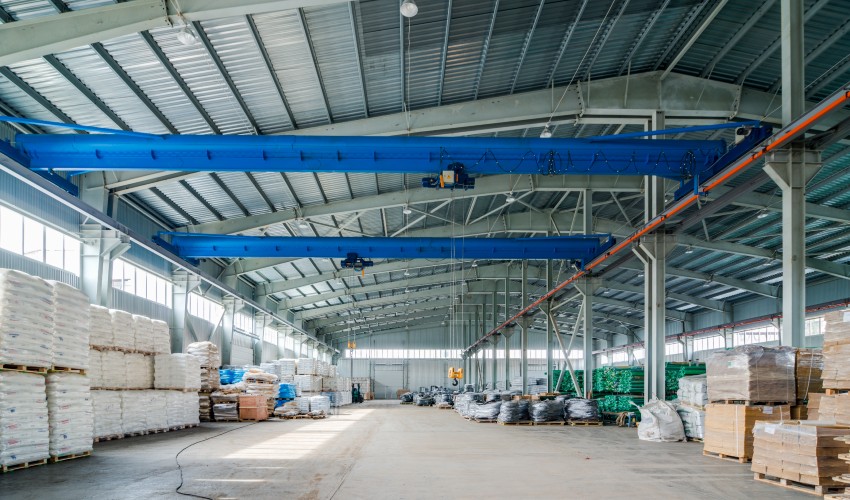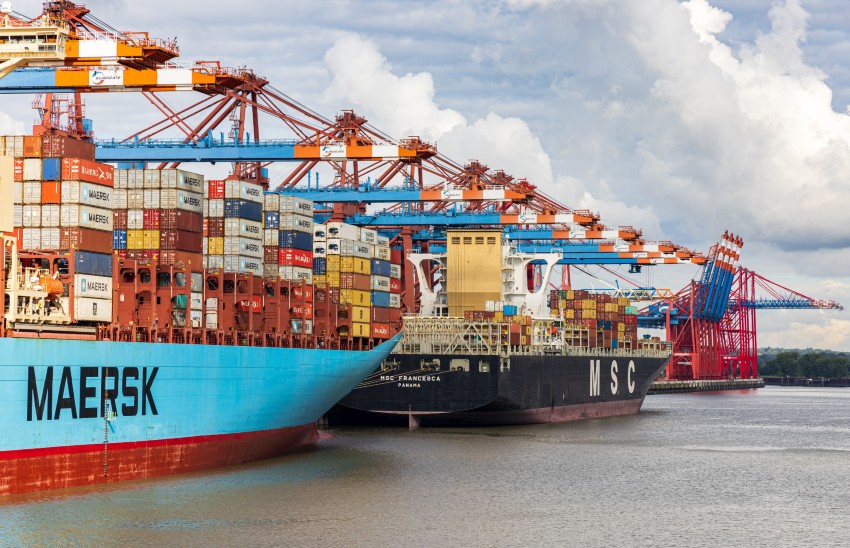Rising inflation is impacting prices across all sectors, including insurance.
Costs included in a claim, such as replacement materials and labour, will in future be much higher than expected. This leaves commercial businesses at the possibility of underinsurance.
Learn about the risks of inflation and how it could have a significant impact on policyholders.
What is causing inflation?
According to The Office of National Statistics The Consumer Prices Index rose by 6.2% in the 12 months to February 2022, up from 5.5% in January. On a monthly basis, CPI rose by 0.8% in February 2022, compared with a rise of 0.1% in February 2021 – the largest monthly CPI increase between January and February since 2009.
Energy prices are one of the main contributors to inflation as oil and gas remains elevated. The conflict in Ukraine is unquestionably fuelling inflation; demand for materials has risen considerably as Eastern Europe supply lanes are sanctioned-off.
Fuel prices are also soaring with average petrol prices hitting the highest on record in April. Food and goods continue to go up as the government return VAT back to its standard rate post-pandemic of 20%.
A significant impact also draws from the backlash of the pandemic. We are currently seeing, in the front pages of the news, long airport security queues and car manufacturer delays. Behind the scenes there are also factory closures, worker absences and container shortages, each having their significant effect upon the scales of supply and demand.
Higher interest rates also compound the situation as the market hardens and banks are more stringent on borrowing. Many people expect UK interest rates to reach 1.25% this year – but they could go higher; UK interest rates could hit 3.5%, The Office for Budgetary Responsibility (OBR) says.

How inflation causes underinsurance risks
More and more expensive to obtain materials include precious metals, oil, steel and copper. These components are essential to the everyday running of most businesses as well as the manufacture of electronics and microchips. Storage of these materials can cause companies to be underinsured as valuations become out of date.
Damages expenses will also be greater as the cost to rebuild and repair buildings has increased. Labour shortages has also created an knock on effect, meaning contractors raise the prices of labour – and the materials they utilise will also increase further, bumping up the price of fixing damages.
International transactions have also been thrown out of sync, with many currencies, such as the Turkish lira, fluctuating rapidly. Assessing cost increases at the source before exchange rates is key for accurate valuations of goods and services. The speed of inflation and changes has meant businesses could very easily be unknowingly underinsured. Internal valuations may well be skewed, or not take in the full breadth of the fluctuating global financial climate.
Prevent underinsurance by contacting your broker
Businesses need to counteract the consequences of inflation by contacting their broker. At Romero Insurance Brokers, we will exact an accurate up to date valuation of your company. Together, we will avoid the dangers of being underinsured in the event of a claim, with your finances safeguarded against the condition on average rule.
Contact Romero Insurance Brokers today to learn more about the consequences of inflation and to receive an accurate valuation.
SMEs risk the dangers of Underinsurance
Many SMEs (small to medium-sized enterprises) have been tempted to reduce their cover, cutting a range of insurance policies, and becoming dangerously underinsured.
See why this is such a perilous course of action and why contacting a broker is necessary.
See Here
How underinsurance affects High Net Worth Individuals
Why high net worth individuals should read their insurance policies today?
Read Now
Download our Underinsurance Whitepaper
Our whitepaper covers everything you need to know about underinsurance and how to counter it.
Download here



